
News
Angling Trust and Environment Agency launch fund to help clubs and fisheries protect waters from invasive species
The Angling Trust have opened applications for the second round of their Angling Improvement Fund (AIF), inviting clubs and fisheries in England to apply for funding to support action to tackle invasive non-native species.
Invasive species such as floating pennywort and killer shrimp present a major threat to fishing and native fish populations. Invasive aquatic animals outcompete native fish species for food and shelter, decrease fish numbers and negatively impact on fish health. Aquatic plants overwhelm native plants, creating dense mats on the water’s surface and in the water column, which remove important habitat for young fish, decrease water quality and impede fishing access.
Following the success of the funding round last year, today the Angling Trust are opening applications for projects focused on biosecurity and invasive species management.
The fund will be available to support fisheries and clubs that wish to:
- install washdown stations or dip tanks to stop invasive species being introduced
- purchase equipment to tackle invasive species
- send members on invasive species training such as safe application of herbicides
- undertake ecological surveys of plants and aquatic invertebrates to establish what species they have on site.
Funding these will reduce the risk of invasive species being introduced to new waters and help the angling community tackle invasive species populations where they have already established.
The AIF is funded by the Environment Agency through fishing licence income and provides the opportunity to reinvest this income in positive ways that protect and enhance angling. A total of £75,000 is available in this funding round, with a maximum of £5,000 available to fisheries and clubs to bid for with matched contributions, and up to £10,000 available for clubs that put forward a combined catchment-scale bid.
Trevor Renals, Senior Advisor and INNS lead for the Environment Agency, said:
“Anglers are important allies in caring for the natural environment, and can make a real difference in reducing the damaging impacts of invasive non-native species. We continue to work closely with the Angling Trust and are delighted to provide funding to support clubs and fisheries which will protect their waters by boosting biosecurity measures.”
Dr Emily Smith, Environment Manager for the Angling Trust, said:
“I am delighted that the Environment Agency has made this fund available from fishing licence income to assist clubs and fisheries to take action to protect their waters and manage invasive species
“Invasive species present one of the greatest threats to fish and fishing and can be accidentally spread on damp angling equipment such as boots, nets and unhooking mats. By providing funding for clubs to install washdown stations and dip tanks, this will minimise the risk of invasive species being spread into fisheries. I would encourage any club and fishery to contact our Environment Officers to find out more and apply for this grant.”
Funding will be open from Monday 16th May until Monday 4th July and the work will need to be completed by the end of March 2023.
For more information see our Angling Improvement Fund page on the Angling Trust website and contact our Environment Officers (Ian Doyle – North England, Drew Chadwick – South England) through our INNS page for advice on how to apply.
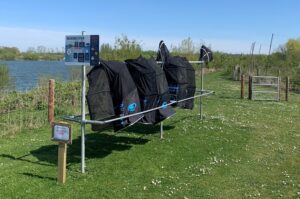
Keepnets drying on a rack at a Nottinghamshire fishery
You might also like
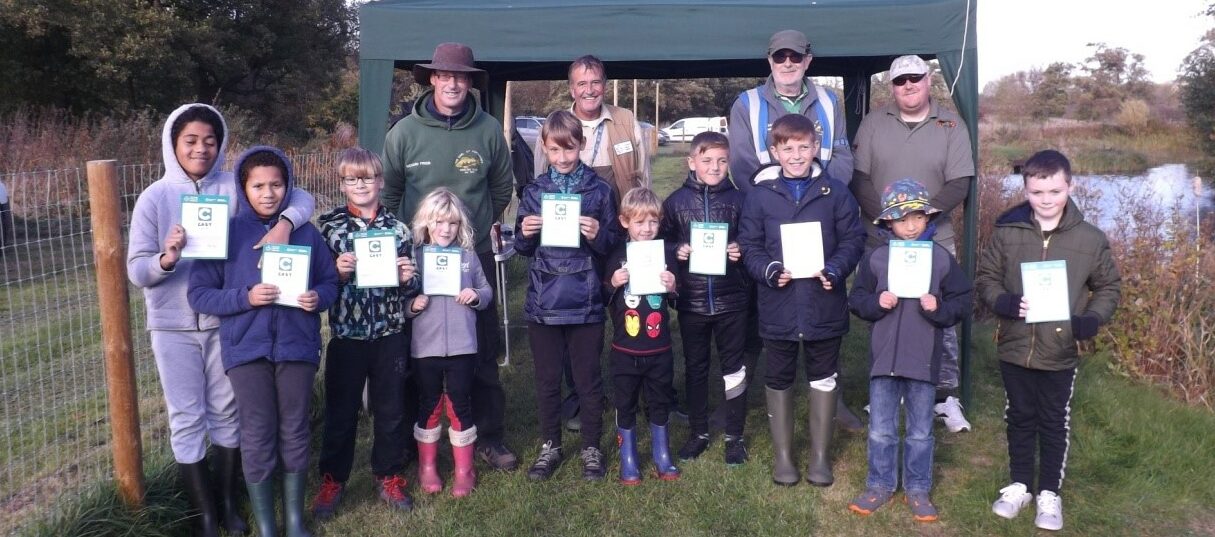
Get Fishing Fund – Funded Project Blog: Steve Clamp…
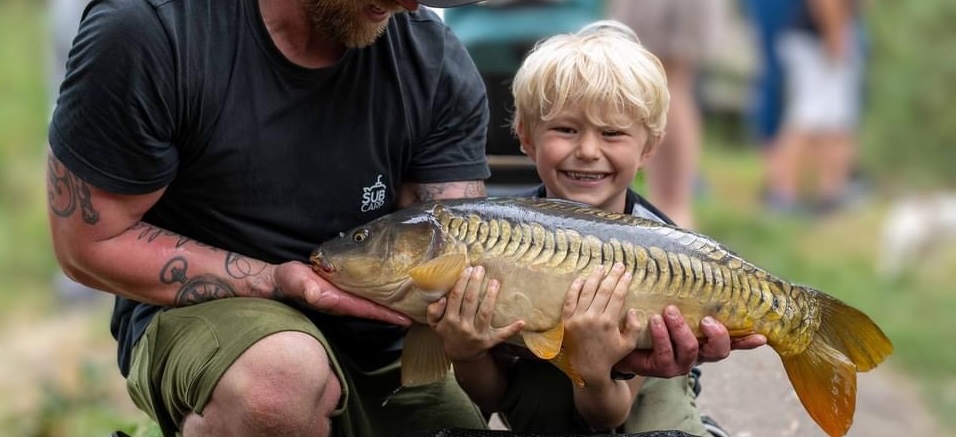
Somersham Angling Club hosted some fabulous Get Fishing events…

We want a water industry fit for purpose

VIDEO: What are your favourite fishing moments?! – Get…

Another year of anglers’ data reveals another year of…

Get Fishing Fund – Funded Project: ‘Summerhayes Junior Angling…

Get Fishing Fund – Funded Project: Your project could…
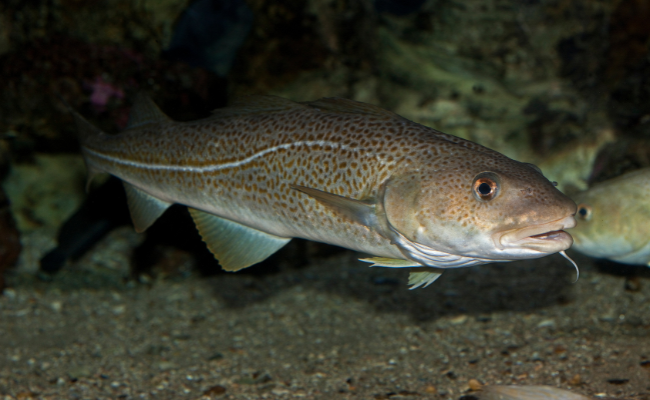
Will the UK-EU Fisheries Deal Deliver for Sustainability and…

The smile says it all! Kayson is hooked! –…
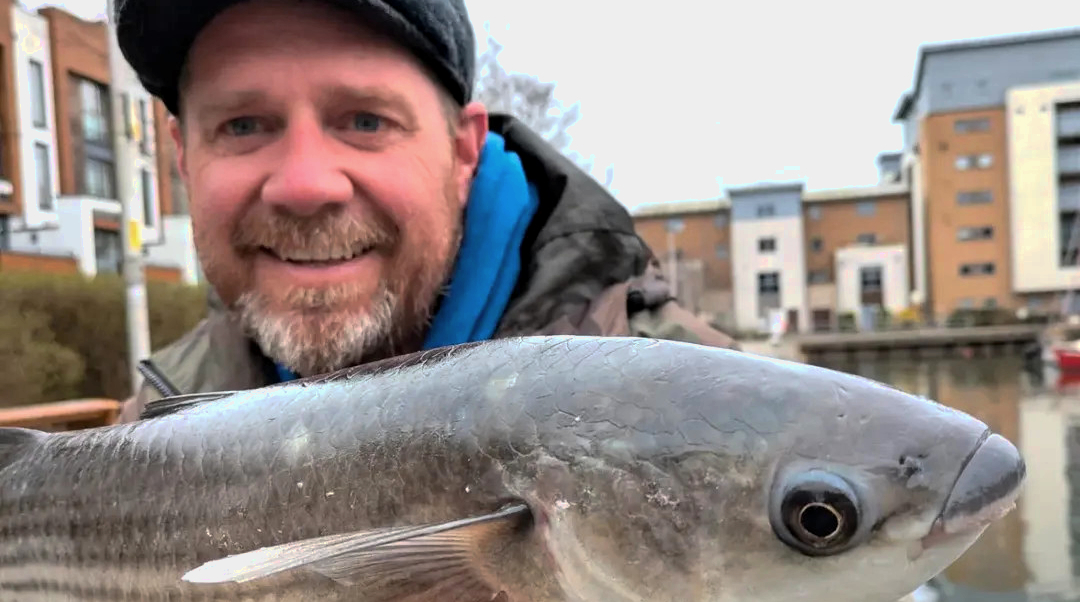
Our Man with a Mullet! Dean Asplin, enjoys a…
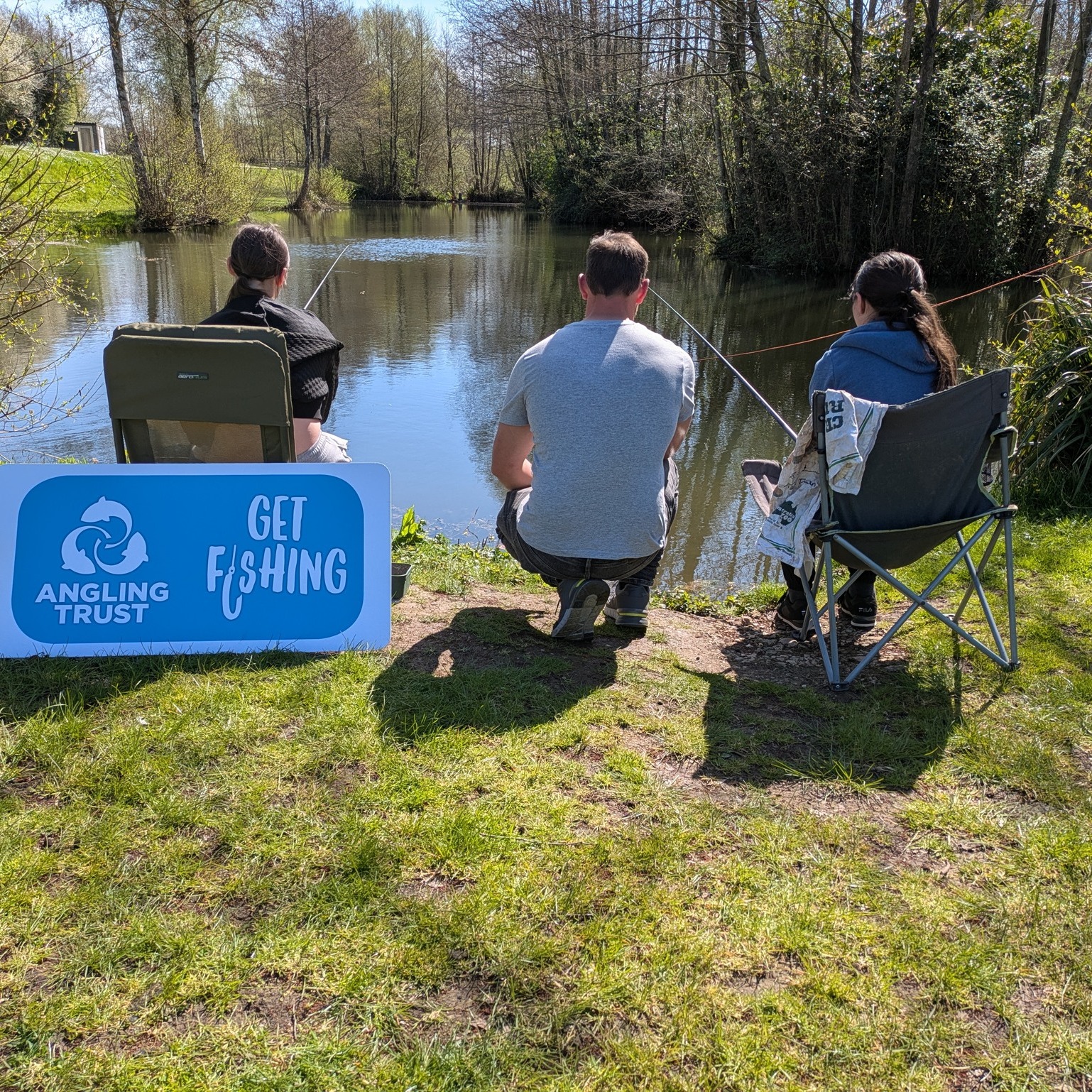
Underdog Crew hosts top draw fishing events with Hintlesham…
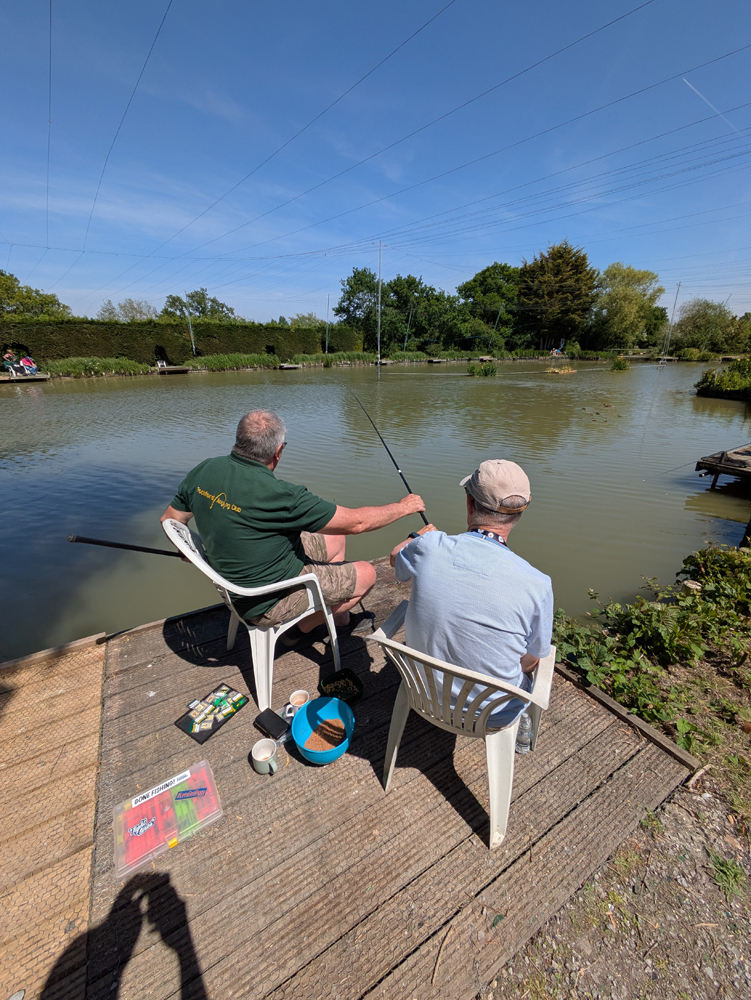
NEW BLOG: Fishing helped my Peaceful Place members with…

Get Fishing Fund – Funded Project Blog: Steve Clamp…

Somersham Angling Club hosted some fabulous Get Fishing events…

We want a water industry fit for purpose

VIDEO: What are your favourite fishing moments?! – Get…

Another year of anglers’ data reveals another year of…

Get Fishing Fund – Funded Project: ‘Summerhayes Junior Angling…

Get Fishing Fund – Funded Project: Your project could…

Will the UK-EU Fisheries Deal Deliver for Sustainability and…

The smile says it all! Kayson is hooked! –…

Our Man with a Mullet! Dean Asplin, enjoys a…

Underdog Crew hosts top draw fishing events with Hintlesham…

NEW BLOG: Fishing helped my Peaceful Place members with…

Get Fishing Fund – Funded Project Blog: Steve Clamp…

Somersham Angling Club hosted some fabulous Get Fishing events…

We want a water industry fit for purpose

VIDEO: What are your favourite fishing moments?! – Get…

Another year of anglers’ data reveals another year of…

Get Fishing Fund – Funded Project: ‘Summerhayes Junior Angling…

Get Fishing Fund – Funded Project: Your project could…

Will the UK-EU Fisheries Deal Deliver for Sustainability and…

The smile says it all! Kayson is hooked! –…

Our Man with a Mullet! Dean Asplin, enjoys a…

Underdog Crew hosts top draw fishing events with Hintlesham…









